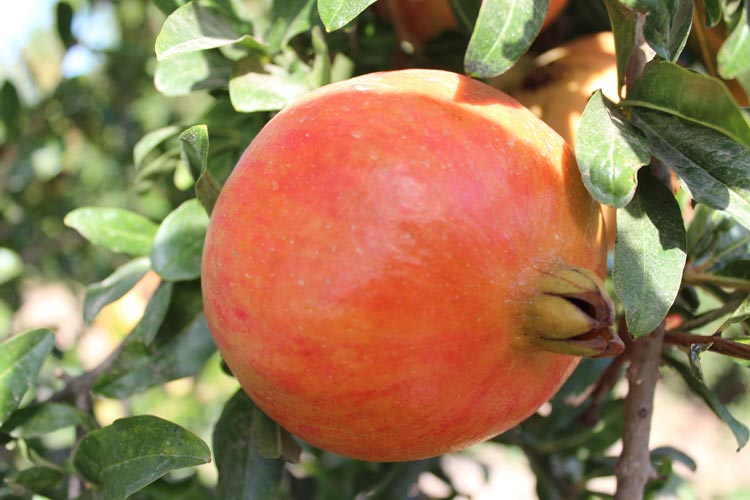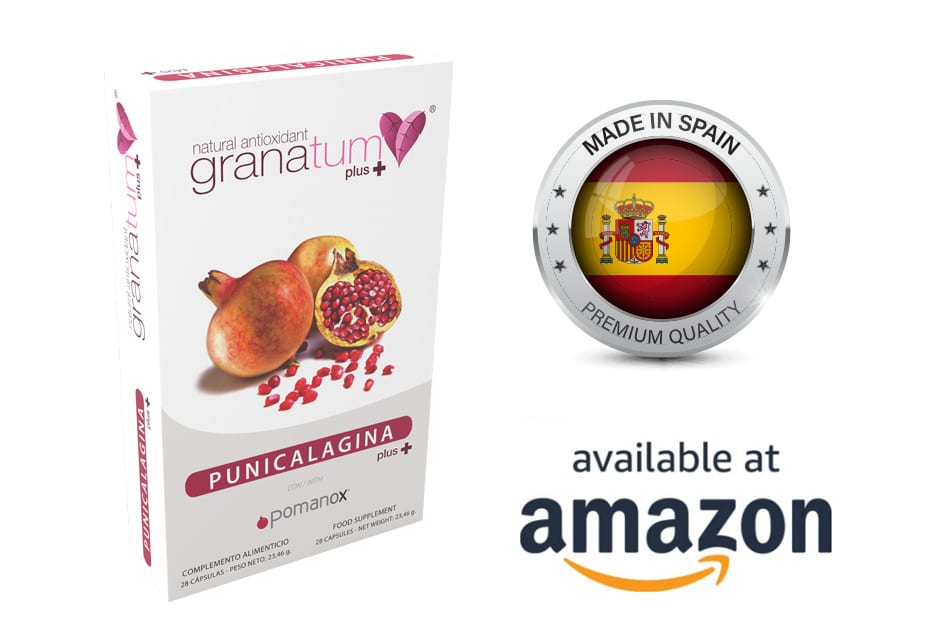
Laboratorio de Neurofarmacología de Productos Naturales, Dirección de Investigaciones en Neurociencias del Instituto Nacional de Psiquiatría Ramón de la Fuente,México, D. F; Laboratory of Phytochemicals in Physiology, Department of Food Science, University of Parma,Italy; Department of Food Science and Technology, CEBAS-CSIC,Murcia.
Pomegranate (Punica granatumL.) has been used for centuries for the treatment of inflammatory diseases. However, there is a lack of comprehensive information focused on the properties of a certain pomegranate (poly)phenolic profile to cure pain and gastric injury induced by anti-inflammatory drugs.
This study investigated the systemic effects of different doses of a HPLC-characterized pomegranate extract on the formalin-induced nociceptive behavior in mice. The effect of the extract against gastric injury caused by non-steroidal anti-inflammatory drugs and ethanol was also assessed.
Pomegranate reduced nociception in both phases of the formalin test, suggesting central and peripheral activities to inhibit nociception. Indomethacin-induced gastric injury was not produced in the presence of pomegranate, which also protected against ethanol-induced gastric lesions. The present results reinforce the benefits of pomegranate (poly)phenolics in the treatment of pain as well as their anti-inflammatory properties.
Pomegranate reduced nociception in both phases of the formalin test, suggesting central and peripheral activities to inhibit nociception. Indomethacin-induced gastric injury was not produced in the presence of pomegranate, which also protected against ethanol-induced gastric lesions. The present results reinforce the benefits of pomegranate (poly)phenolics in the treatment of pain as well as their anti-inflammatory properties.
